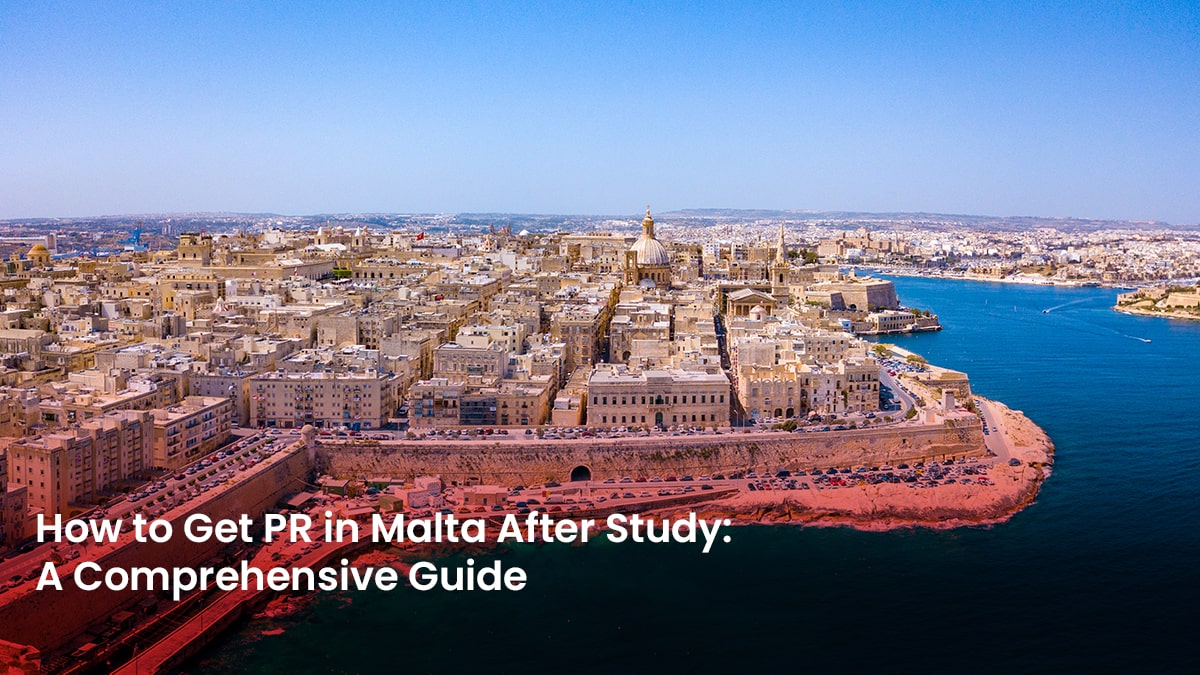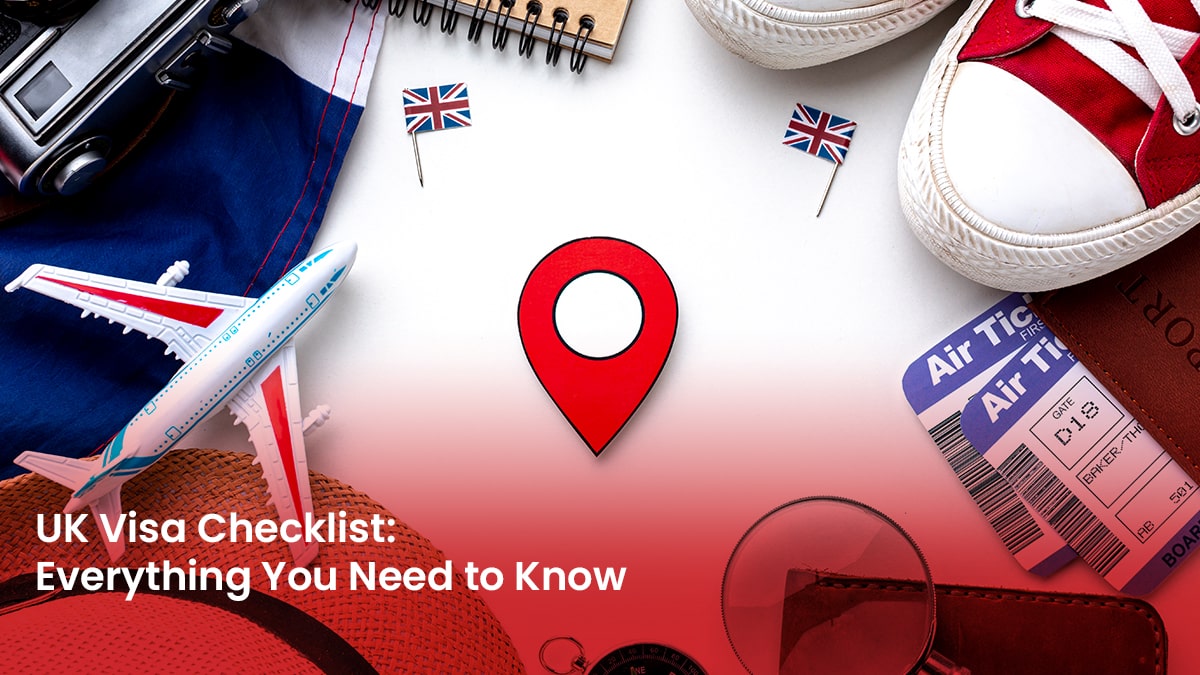A common dream of many students, both in India and outside, is to embark upon a higher international education journey. Malta is one of the most recent nations to be placed on the list of international study-abroad options. Tucked away in the center of the Mediterranean, Malta is an enchanting country that is enticed with a thriving academic environment, breathtaking scenery, and an extensive history. The fact that international students can study in Malta without taking the IELTS makes it even more alluring.
In this blog, we will dive deep into the details of studying in Malta: this will include the benefits of studying in Malta, the top 5 universities that accept students without IELTS, the application process, required documents, and much more! In case you find any information missing or you have queries, you can anytime contact our study abroad consultants for a free consultation and get answers to all your doubts and queries to make your international education dream come true! Let’s begin!
Table of contents
- Why study in Malta
- Fee structure in Malta
- Top 5 universities that do not require IELTS
- Scholarships to study in Malta
- Student visa for Malta
- Study and work in Malta
- Documents required for the admission process
- Application process
Why study in Malta?
There are several reasons to choose Malta as your international study destination; some of the top reasons are mentioned below:
1. IELTS is not mandatory to study in Malta
It is one of the main benefits for Indian students planning to study abroad without taking the IELTS exam. Despite being an English-speaking nation, there are universities that do not need the IELTS score for admission. You can enroll yourself for the desired course if you have a Medium of Instruction (MOI) letter.
2. Malta is an English-speaking nation
There are two national languages in the country: Maltese and English. The majority of people speak in English, and local-speaking Maltese can easily switch to English once you start interacting with them in English.
3. Educational gaps are widely acceptable
Unlike some nations that do not accept educational gaps, Malta is a destination that accepts students who have a gap between their previous course and the course you are applying for. You just need to meet the minimum score requirements set by the individual college.
4. Scholarships are also available
Pursuing international education can be expensive for some students; therefore, scholarships are offered in the nation that can be availed by the students.
5. Affordable living
The cost of living in Malta is comparatively lower than that of other European countries. Students may opt for dorm facilities, which are cheaper than living in a private place.
6. Healthcare is free for Indian students
Various public and private institutions around Malta offer free healthcare services, which is a strong reason to consider studying in Malta.
7. Career opportunities
Part-time job opportunities are available to Indian and international students in Malta. This allows students to experience the working world while continuing their studies.
Fee structure in Malta
|
Program |
Average annual tuition fees (in EUR) |
| Undergraduate Programs |
€7,000–€12,000 |
|
Postgraduate Programs |
€9,000–€15,000 |
|
MBA Programs |
€10,000–€20,000 |
|
Medicine and Health |
€10,000–€20,000 |
|
Engineering |
€8,000–€14,000 |
|
Arts and Humanities |
€7,000–€12,000 |
|
Business and Economics |
€9,000–€16,000 |
|
Information Technology |
€8,000–€14,000 |
|
Tourism and Hospitality |
€7,000–€12,000 |
|
Language Courses |
€2,000–€5,000 |
Top 5 universities to study in Malta without IELTS
Here is a list of the top 5 universities in Malta that allow you to pursue higher international education without an IELTS exam score:
1. American University of Malta (AUM)
The American University of Malta holds the #5 rank in Malta. AUM offers a wide range of business courses, bachelor courses in Game Development, Electronics and Communication Engineering, Industrial and Civil Engineering and much more. You can apply to the university without an IELTS score, but you will need to appear for EAP-English for academic courses, which are free of cost. The EAP program at AUM is to support students who meet the admission criteria except for language proficiency.
2. Global College of Malta (GCM)
Global College Malta is one of the top private institutions of higher education based in Malta. It is located in the smart city of Malta and is a modern and innovative business hub with a truly global perspective. GCM) is offering internationally recognized degree courses like Accountancy & Finance, Management with Human Resource Management, Psychology, Tourism Management, Logistic and Supply Chain Management and specialist short courses and English language tuition in partnership with leading industry professionals and academic institutions, including the University of Chester. In GCM, students can be admitted without IELTS, but they need to submit a Medium of Instruction (MOI) to get admission.
3. Malta College of Arts, Science and Technology (MCAST)
Academic Purpose course, which is free of cost. The EAP program at the The Malta College of Arts, Science and Technology is among the country’s leading vocational education and training institutions. MCAST equips students with practical skills to meet industry demands, fostering a strong connection between academia and the job market.
4. London School of Commerce-LSC
London School of Commerce is fully accredited by the Accreditation Service for International Colleges (ASIC) and is affiliated with the University of Lincoln, UK. The London School of Commerce Malta offers a blend of British education and global exposure. It provides pathways to a wide range of courses, opening doors to international opportunities.
5. Learn Key Institute
Located in the second most populous town on the island, Learn Key Malta is one of the developed Maltese Training Institutes. It specializes mainly in Secretarial, Finance, Accountancy, Business and Management Studies and IT courses.
Scholarships for international students to study in Malta
It can be costly to pursue your studies abroad and leave your home country. Many international students have the desire to study abroad, but they give up the concept because of a lack of funding. If you fall into this category, we would like to inform you that you can study in Malta as the nation offers a large number of scholarships to students from other countries. Here is a list of only a few of them:
- Endeavour Scholarships Scheme
- Malta Sports Scholarships Scheme
- The University of Malta, Master by Research and PhD Programs Scholarships
- Reach High Post-Doctoral Grants
- Tertiary Education Scholarship Scheme (TESS)
- Malta Arts Scholarships
- Malta Financial Sector Scholarship Scheme
- Malta Scholarship for Doctoral Program European University Institute, Fiesole, Firenze
Documents required to Study in Malta
You will usually need to submit a number of crucial documents to finish the application process if you are an international student hoping to study in Malta. The following is the common documentation that international students are frequently asked to submit if they want to study in Malta without IELTS, but the criteria may differ based on the school and program:
- Academic transcripts
- English language proficiency
- Passport copy
- Letter of Intent
- Curriculum Vitae (CV) / Resume
- Letter(s) of Recommendation
- Valid health insurance
- Financial documents
- Visa requirements
- Passport-size photographs
- Application form
- Additional program-specific documents
Malta student Visa
For stays shorter than three months, students from the US and the EU do not need a visa to study in Malta. Students traveling from these countries or those who intend to remain longer should apply for a visa. Applying is possible at the Maltese embassy or consulate closest to you. You will require a few documents to apply. The following are Malta’s visa requirements:
- Completed visa application form
- A valid Passport
- Two passport-size photographs
- Proof of sufficient funds to cover tuition fees and living expenses while studying in Malta
- Letter of acceptance from a Maltese educational institute
- Proof of accommodation arrangements on arrival
- Proof of medical insurance
- You will need to apply for an e-residence document as soon as you get to Malta. Numerous of the already mentioned documents and related materials are needed for this.
Work and study in Malta
Indeed, foreign students who come to Malta to study can work. Students who wish to work lawfully must apply for and obtain an employment license. They will be able to work throughout their semesters with this license. After the employment license is acquired, which usually takes four to six weeks, the student can start working. However, you should be aware of the following conditions:
- You can work only for up to 20 hours per week.
- You can apply for an employment license only after obtaining a study visa.
- While working, you must attend your classes for a minimum of 15 hours per week.
MSM Unify: Your partner to make your study in Malta dream turn true
MSM Unify is your one-stop solution for all international education woes. Our team of experts can guide you throughout the process to help you choose the right program and ensure you have a smooth transition to studying in Malta.












